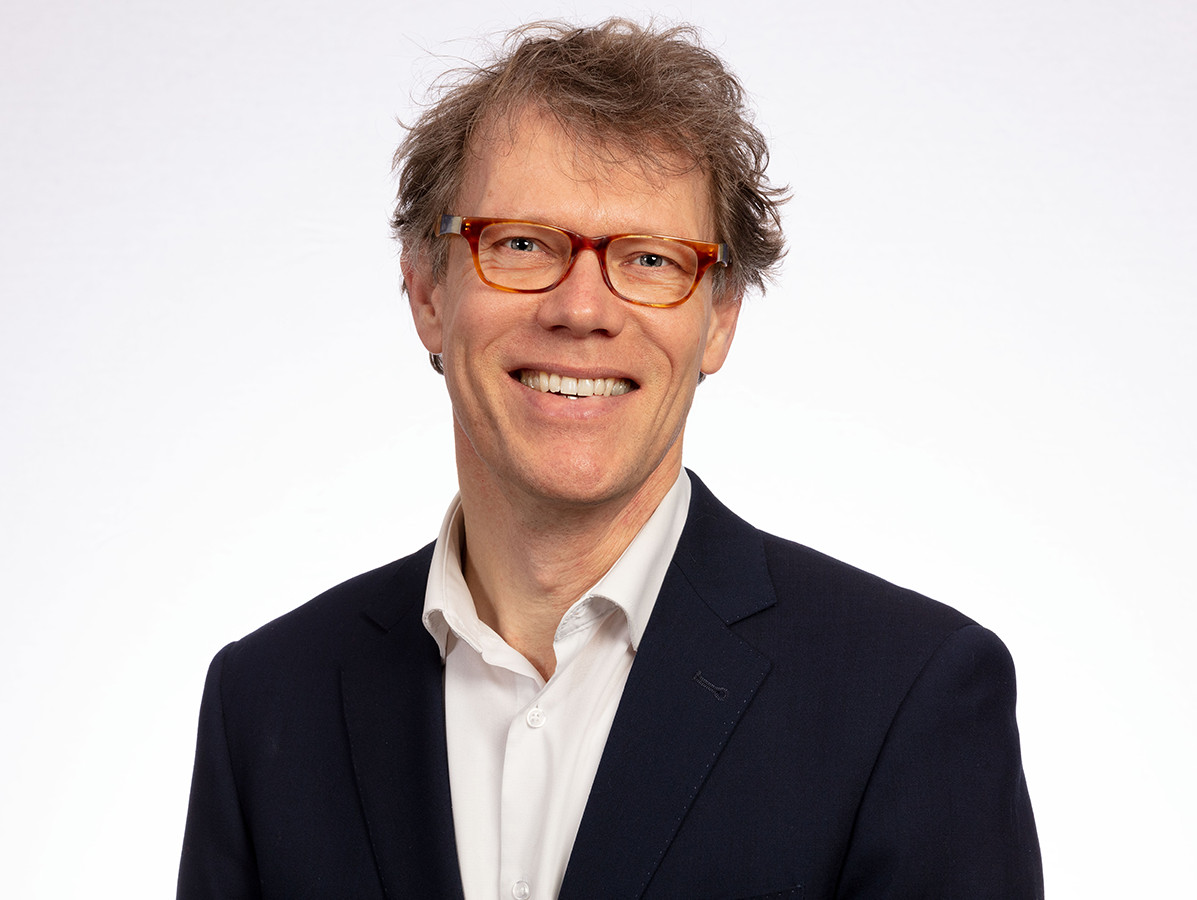
To keep our bodies going we need nutrients: fats, carbohydrates and proteins. Two of these macro nutrients: the (satured) fats and carbohydrates (starch and sugars), have been under attack for decades, because they are associated wit health complaints and diseases (especially because we consume too much of them). Proteins (amino acids) have no pandemic history of health risks. At least, not in the rich West. The poor part of the world population doesn’t consume enough of this essential nutrient.
The fact that our protein consumption has to change drastically has to do with something else. Vegetable proteins are of a lower quality than animal proteins. 100 grams lentils contains 20 grams of protein, while the same portion of brown beans contains 8 grams. Meat is much richer in protein. With 100 grams of chicken breast you immediately get 30 grams of protein. But eating meat, as a protein source, requires a lot of vegetable protein, with enormous pressure on the environment as a result – including an enormous CO2 footprint. If we don’t change our consumption pattern, “the world will perish”.
As early as 1990, Schouten (a sister company from Nutrilab) brought the first products on the market based on vegetable proteins. Our roots lie there. We still carry out an enormous amount of analyzes into protein levels; from soy and grain, meat, cheese and quark, but also from mealworms, crickets and beans.
Who, or what, needs to change? Eating less or no meat – in combination with more local production and less transport of food around the world – is, in my opinion, the key to quite a few current major global problems. It is the trigger for change and for all kinds of technological innovations: necessary for solving not only world food problems but also the environmental problems.
This nutrient is essential: for our own bodies and for the preservation of the world. That is why proteins deserve a macro approach. There will be no energy transition without a protein transition. Or is it even bigger? Will this be the trigger for a human transition?
Pieter Vos
Director Nutrilab
Source: Vakblad Voedingsindustrie 2020